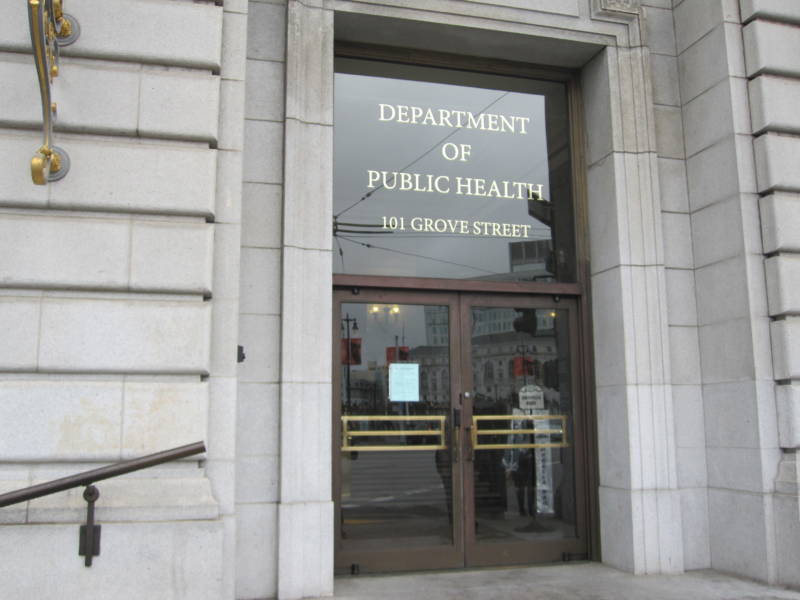A controversial ballot measure that would give San Franciscans universal mental health care is being pushed from the November 2019 ballot to the March 2020 ballot to give lawmakers more time to come to an agreement as to how it should be implemented.
The measure, dubbed “Mental Health SF”, was announced in May. After the announcement, Mayor London Breed and the San Francisco Department of Public Health, which would be in charge of implementing the program, expressed concern about the high costs of implementation and a lack of input from the city’s health experts.
Now it seems that all parties are working together to come up with a compromise for the March 2020 ballot.
“It is important that we take a comprehensive, inclusive process to build on the progress we have made to strengthen our mental health system,” Breed said in a press release. She also emphasized the advancements already made this year including the passing of a contentious conservatorship law and the opening of 200 new behavioral health beds.
If passed by residents, the program would provide free and immediate access to mental health care to San Franciscans with or without insurance. It would also require the creation of a new 24 hours a day, 7 days a week drop-in center for people seeking psychological help or help with substance abuse.

